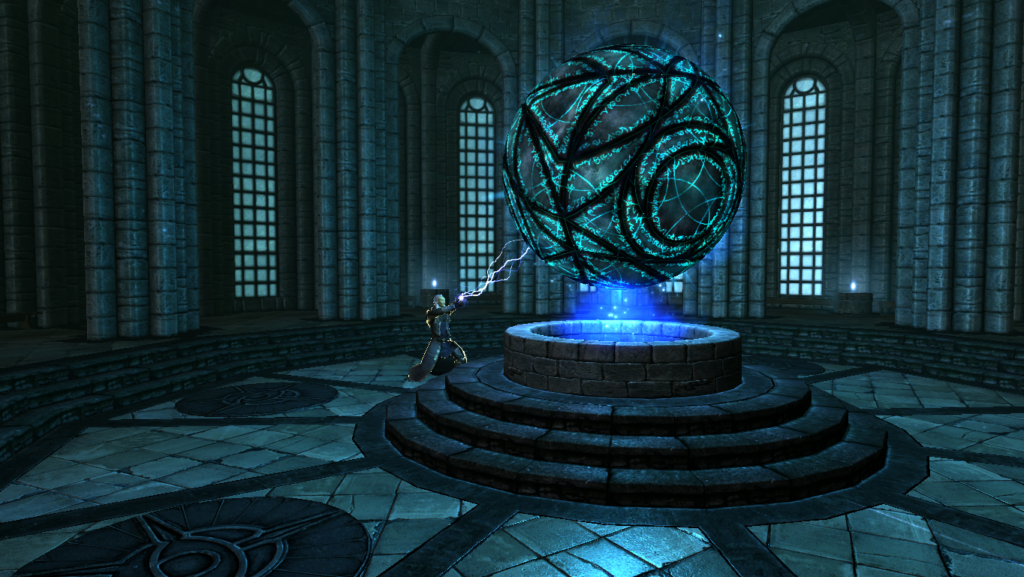#Pratchat57 – Get Your Dad to Mars!
We prepare to find out why infinite Earths aren’t enough as writer, editor and podcaster Joel Martin returns to the podcast to fire up the fusion engine and have a close encounter of the crustacean kind in the third Terry Pratchett and Stephen Baxter Long Earth novel, The Long Mars.
It’s 2045 – five years after the eruption of the Yellowstone super-volcano on Datum Earth. The climate has catastrophically changed and there’s been mass migration to stepwise Earths. Maggie Kauffman, captain of the new stepping airship Neil Armstrong II, is sent ten times further into the Long Earth than anyone has gone before, to find out what happened to the ship’s missing predecessor. Meanwhile reclusive stepping pioneer Joshua Valienté is called back to the Datum by the A.I. Lobsang to search for a new kind of human emerging from the Long Earth. And Willis Linsay, who disappeared after giving Stepper box technology to the whole world thirty years ago, sends a message to his super-stepper daughter, Sally. He wants her to go on a mysterious mission to Mars…
The last of Pratchett’s novels to be published before his death, The Long Mars marks a turning point in the series where Pratchett’s involvement was limited after the first draft, and Stephen Baxter did most of the polishing. Like The Long War it skips over the immediate aftermath of the disaster at the end of the previous book to inhabit the world of its longer term consequences. It also continues the tradition of switching between multiple narratives with at least a dozen key characters. There are old friends and new faces, but some of them are barely glimpsed. It’s a book full of big ideas, but not so much plot – and even less emotional and character development.
Does this one feel more Baxter than Pratchett? Is this the troubled middle episode of the series? What did you think of the portrayal of the Next? How cool are those acid snakes? Will any of these awesome ideas return in the final two books? And where the Hell-Knows-Where is Helen? Join in the conversation using the hashtag #Pratchat57 on social media.
Podcast: Play in new window | Download (Duration: 2:29:58 — 69.1MB)
Guest Joel Martin is a podcaster and writer who is now our first four-time guest. He previously joined us in #Pratchat14 and #Pratchat44 for The Colour of Magic and The Light Fantastic, and in #Pratchat31 for The Long Earth. His independent podcasts, The Morning Bell and The Youth Vote, are currently on hiatus, but watch out for the new season of The Dementia Podcast from The Dementia Centre, produced by Joel, in September 2022. Find Joel online at thepenofjoel.com or on Twitter at @thepenofjoel.
As usual, you can find notes and errata for this episode on our website.
Due to some technical difficulties we ended up delaying this episode until after #Pratchat58, so thank you for your patience! We’ve already recorded our next episode, #Pratchat59, in which we discuss The Science of Discworld III: Darwin’s Watch with science and fiction writer, Dr Kat Day. But in October for our sixtieth episode we’re having an open slather questions-only special, just like we did for #Pratchat30! So please send us your general Pratchett-related questions: about the show, books we’ve already covered, Sir Terry himself, the Discworld in general, the Guild of Recappers & Podcasters, Liz and Ben, being Australian/Fourecksian or anything else even vaguely on-topic. Use the hashtag #Pratchat60 on Twitter, Instagram or Facebook, or send us an email at chat@pratchatpodcast.com.
Want to help us get to the end of our six(ish) year mission and read every Pratchett book – and more? You can support us with a tip, or a subscription for as little as $2 a month, and that’s cuttin’ our own throats! See our Support Us page for details.

